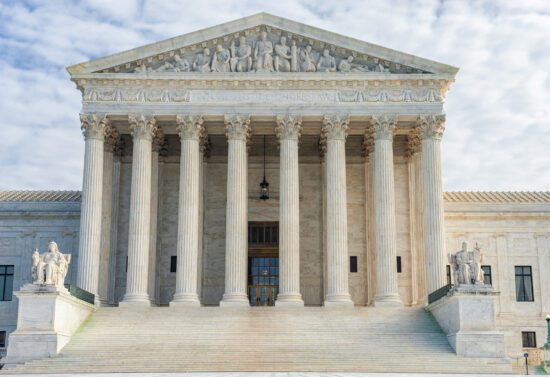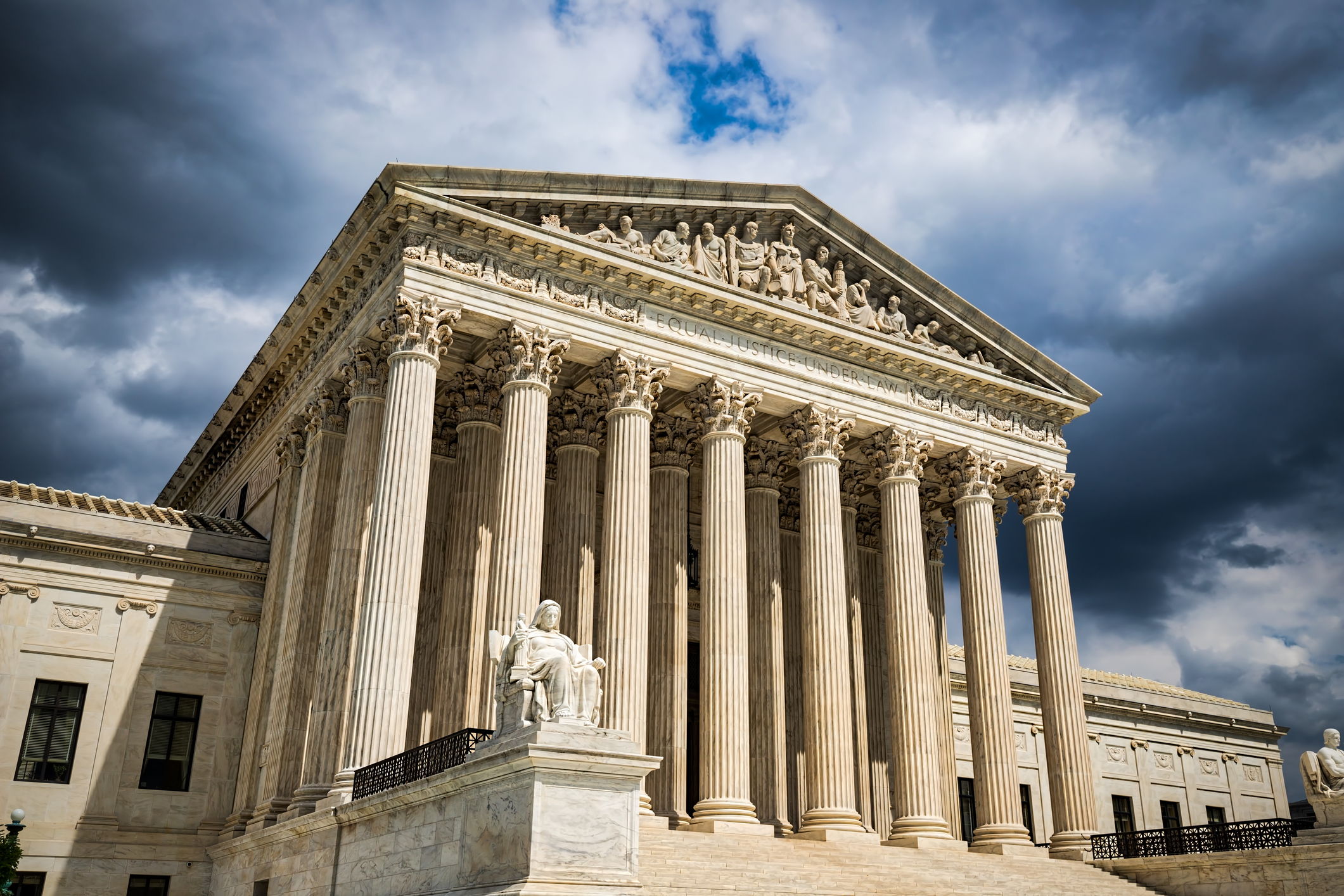Yesterday the Supreme Court heard oral arguments in the case of Whole Woman's Health v. Hellerstedt, the most significant abortion case since Planned Parenthood v. Casey in 1992. Here are five facts you should know about the case:
1. After the Kermit Gosnell scandal created an awareness of the unsafe, unsanitary, and largely unregulated conditions in abortion clinics in America, the State of Texas passed House Bill 2. According to Alliance Defending Freedom, HB2 —which became law in 2013 — mandates that abortion facilities adhere to ambulatory surgical center requirements common to most outpatient facilities, and it also requires abortionists to have admitting privileges at a hospital within 30 miles of the abortion facility to be able to handle emergencies when something goes wrong. (Note: ERLC joined with other faith groups in submitting a brief to the U.S. Supreme Court in support of the law.)
2. Whole Woman's Health, an abortion provider in Texas, challenged the law, claiming it was expensive, not medically necessary, and interfered with women's health care. In June 2015, the Fifth Circuit Court in New Orleans disagreed and largely upheld the contested provisions of the Texas law. The Fifth Circuit ruled that, with minor exceptions, the law did not place an undue burden on the right to an abortion. In their appeal of the case to the Supreme Court, the plaintiffs argued that when applying the “undue burden” standard of Planned Parenthood v. Casey, a court errs by refusing to consider whether and to what extent laws that restrict abortion for the stated purpose of promoting health actually serve the government’s interest in promoting health; and that the Fifth Circuit erred in concluding that this standard permits Texas to enforce, in nearly all circumstances, laws that would cause a significant reduction in the availability of abortion services while failing to advance the State’s interest in promoting health – or any other valid interest. The Obama administration has joined in the case in full support of the clinics and doctors.
3. Prior to the adoption of the new restrictions by the Texas legislature, the state of Texas had forty-one clinics performing abortions. But as a result of partial enforcement of the new law, says Lyle Denniston, that number has dropped to nineteen, and clinic operators have argued that the total number may drop to ten, statewide, if the Court were to uphold the law. The conservative justices on the Court, however, said there was little evidence that clinics have closed or would close because of the law.
4. According to Reuters, the court's four liberal justices (Justices Stephen G. Breyer, Ruth Bader Ginsburg, Elena Kagan, and Sonia Sotomayor) indicated they believed the law intrudes on a woman's constitutional right to end a pregnancy established in Roe v. Wade. Justice Kennedy, however, expressed doubt about claims by abortion providers who asserted that the Texas law forced numerous clinics to shut down. Kennedy suggested sending the case back to a lower court to get further evidence on the law's impact, including an assessment of the ability of existing Texas clinics to meet the demand for abortions.
5. Because of the death of Justice Scalia, the best pro-lifers can hope for is that Justice Kennedy sides with the three conservative Justices (Justices Roberts, Thomas, and Alito) for a 4-4 split decision. In such situations, the ruling of the lower court is affirmed. This would mean that the Texas regulations would remain intact but that no nationwide legal precedent on whether other states could enact similar measures would be established. The final ruling is expected to be handed down in June.
Image Credit: Americans United for Life










